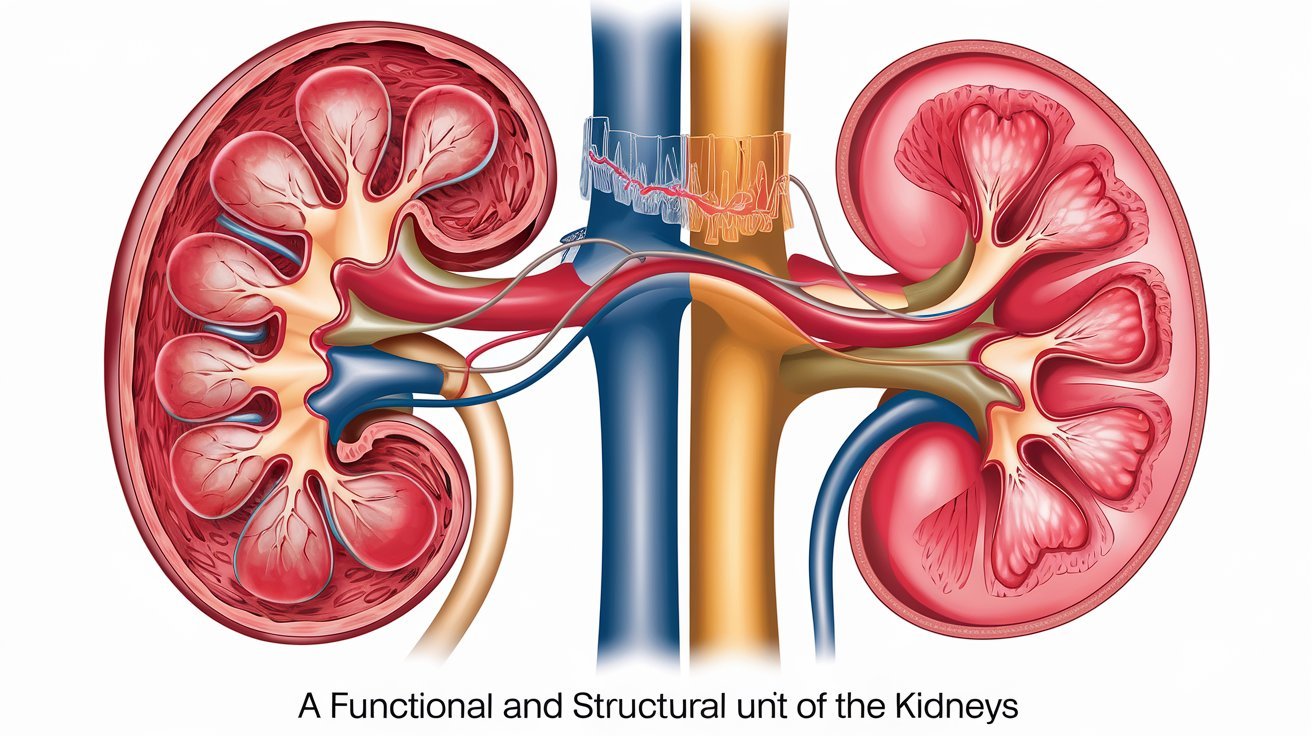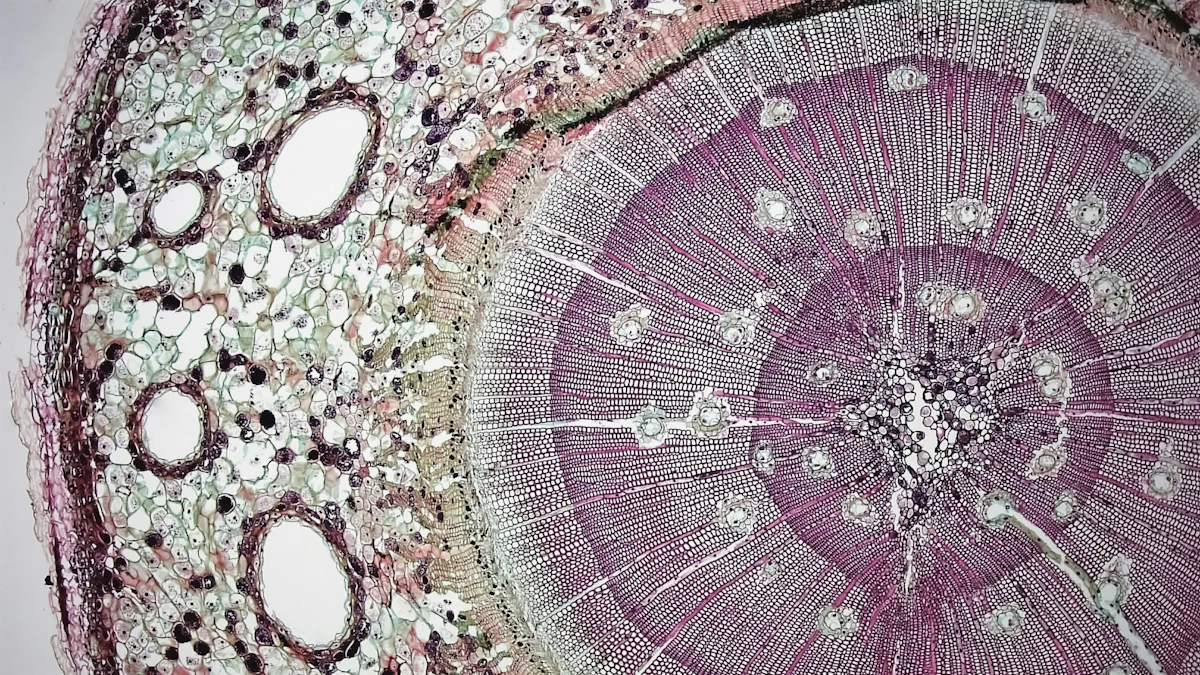The functional and structural unit of the kidneys
The nephron is the functional and structural unit of kidneys. Each kidney contains about one million nephrons, which are responsible for cleaning blood and producing urine. The nephron consists of two main sections: the renal corpuscle and the renal tubule. The renal corpuscle includes the glomerulus, which initiates blood filtration. The renal tubule reabsorbs necessary … Read more




